Trending Now
Tuesday, Nov, 2024
Home / IIT Kanpur Creates solar-based root zone heating system
IIT Kanpur Creates solar-based root zone heating system
The lack of efficient organic waste disposal in high-altitude regions like the Ladakh region and the scarcity of fresh produce have both been taken into consideration when developing this technology.
 by Dilawar Kumar /
by Dilawar Kumar /  27 Jun 2022 15:36 PM IST /
27 Jun 2022 15:36 PM IST /  0 Comment(s) / 562
0 Comment(s) / 562
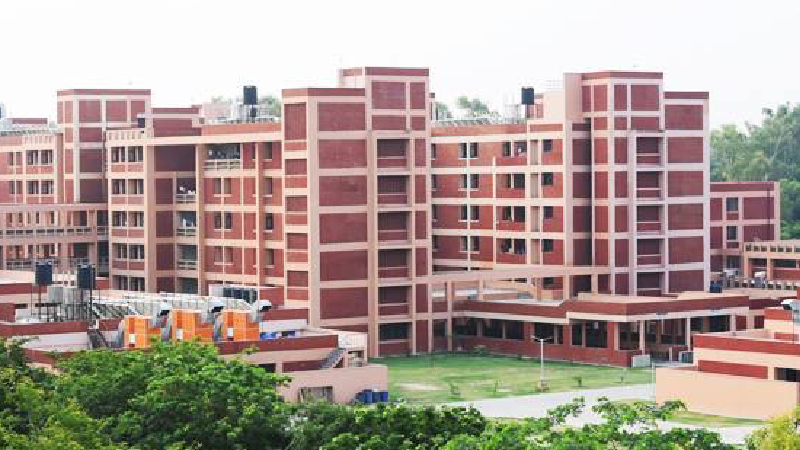
Image Courtesy : www.facebook.com/iitkanpur
A root zone heating system and vermi-bed technique for plants in high-altitude settings have been created by researchers at the Indian Institute of Technology (IIT), Kanpur. Officials claim that the method, for which the researchers were also given a patent, was developed with the dearth of fresh produce in high-altitude regions like the Ladakh region and the absence of efficient organic waste disposal in mind.
When it comes to the supply of fresh produce and the management of organic waste, the high-altitude regions provide serious challenges, particularly for our armed personnel, which need to consume a lot of fresh produce on a daily basis. Fresh produce cannot always be obtained due to the environment and weather, according to Abhay Karandikar, Director of IIT Kanpur. Therefore, he continued, "this novel technology of the root zone heating system and vermi-bed method developed by the team at our institute is an important step towards helping especially our defense forces deployed there with fresh vegetable supply and a solution to effectively mitigate organic waste."
The team claims that the technology's fundamental tenet is a greenhouse (polyhouse) plantation of vegetables and a provision for the heating of the plants' root zones. By burying a network of GI (Galvanized Iron) pipes delivering solar-heated water and combining aluminum sheet fins with the buried GI pipes to improve heat transfer, root zone heating is scientifically examined and predicted. Depending on the temperature of the hot water flowing through the GI pipes, a significant temperature increase in the soil (7 degrees Celsius to 18 degrees Celsius) was attained throughout the testing. Compared to plants grown outside at relatively moderate temperatures, those planted in this heated environment grew faster and healthier. According to Anubha Goel, professor of the Department of Civil Engineering at IIT Kanpur, such a system at high altitude regions can improve the agricultural cycle to yield fresh vegetables even in winter circumstances. She continued, "Results were forecasted for high altitude places where the temperature goes to -15 degrees C and below. This technology was field-tested and provided an efficient solution for generating good quality vegetables in a protected environment.
In order to address the problem of waste management, organic waste was also treated on-site by vermicomposting inside the polyhouse in a pit, where additional heat was given to the vermi-bed by pouring hot water through underground rubber pipes. As a result, this technology created a symbiotic system that improves the availability of fresh food in high-altitude regions throughout the winter and offers ways to produce almost no waste. By growing desired vegetables in a protected environment like a greenhouse with solar-powered root zone heating, the technology can help our troops stationed in high-altitude areas become largely self-sufficient in terms of the fresh food supply. At the same time, it will help with managing organic waste. maintained by continuing high-temperature vermicomposting," says MTech student Anshul Rawat. Therefore, we have a system where vegetables can be grown and waste produced may be turned into compost and then used to grow vegetables at the same green and polyhouse. This represents a mutualistic system with an integrated circular economy, he continued.

EShort / February 16, 2024
IMS Noida Admissions 2024: Apply for UG, PG programmes

EShort / February 16, 2024
GATE 2024: Response sheet out

EShort / February 16, 2024
BSSTET 2023: Admit card released

EShort / February 16, 2024
NID DAT 2024: Prelims result released

EShort / February 16, 2024
IIT JAM 2024: Response sheet released

Jobs / February 16, 2024
UPSC Recruitment Drive 2024: Apply for 120 vacancies in various departments

EShort / February 14, 2024
UPSC CSE 2024: Official Notification issued; application process begins

Editor's Desk / April 17, 2020
How Does Society Impact Our Education?

Current Affairs / April 22, 2020
Mr. Sudarsanam Babu appointed to U.S. Science Board.
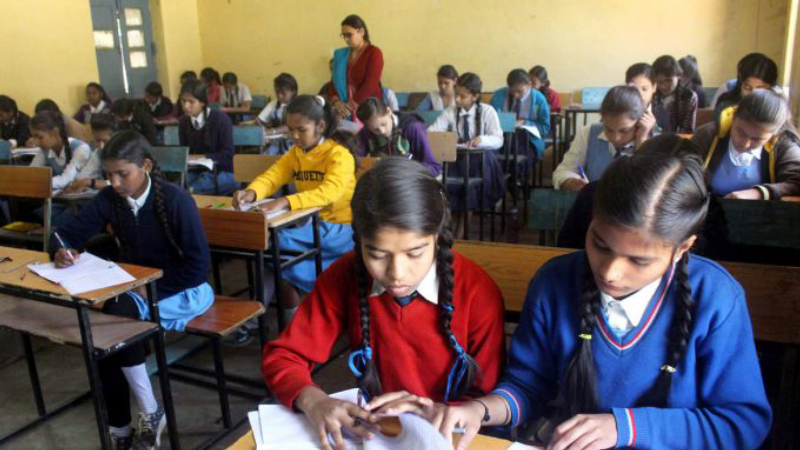
Reforms / April 17, 2020
Traditional Structure of Education In India
.jpg)
Events & Seminars / April 17, 2020
PISA!!

Blog / February 26, 2021
Government's Action On #ModiRojgaarDo

EShort / May 19, 2022
CUET PG 2025 has started the registration process.

Notice Board on Important Dates / April 21, 2020
World Heritage Day

News / July 08, 2021
JEE Mains Registration For Session 3: Last Date To Apply

EShort / December 14, 2021
UPSC Declared Final Result For DCIO Recruitment



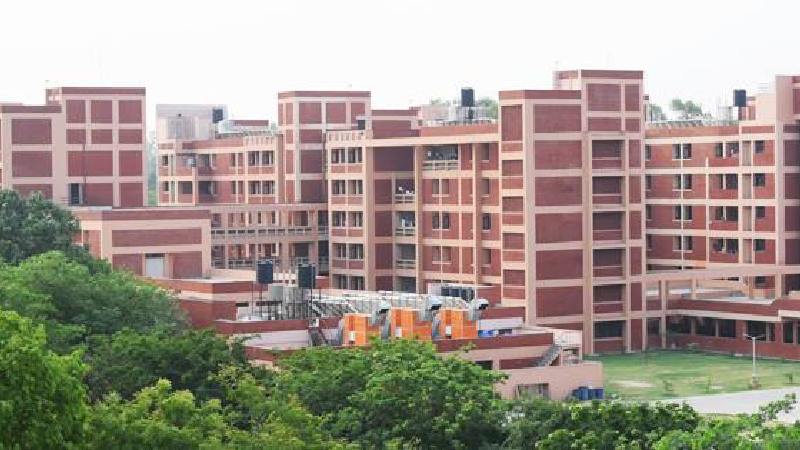
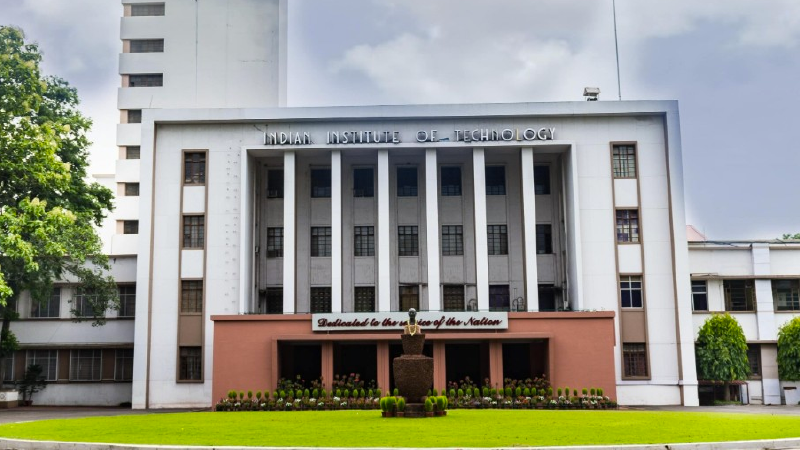
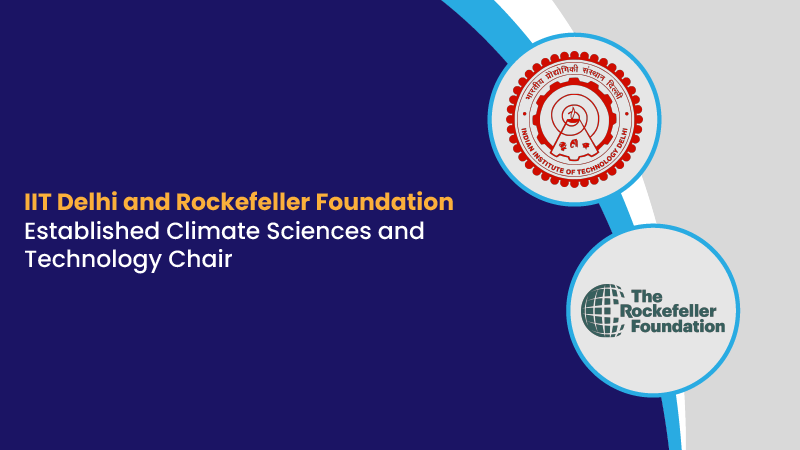







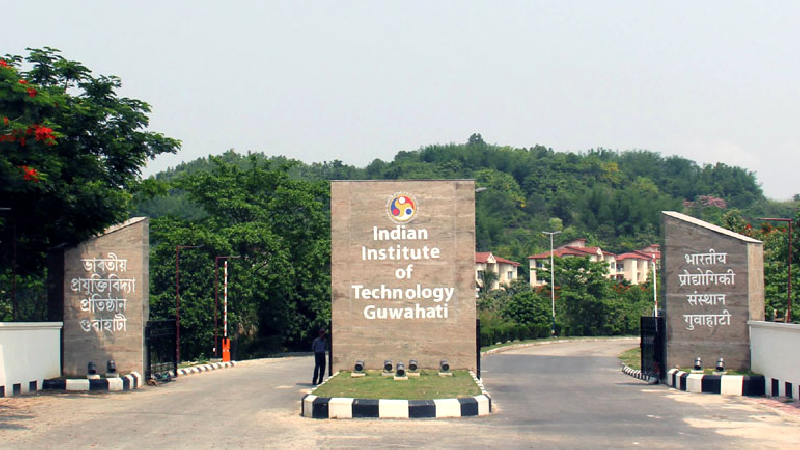


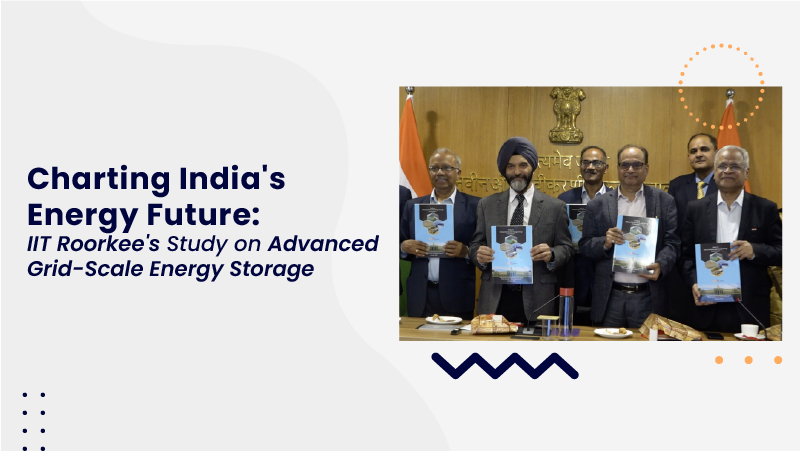


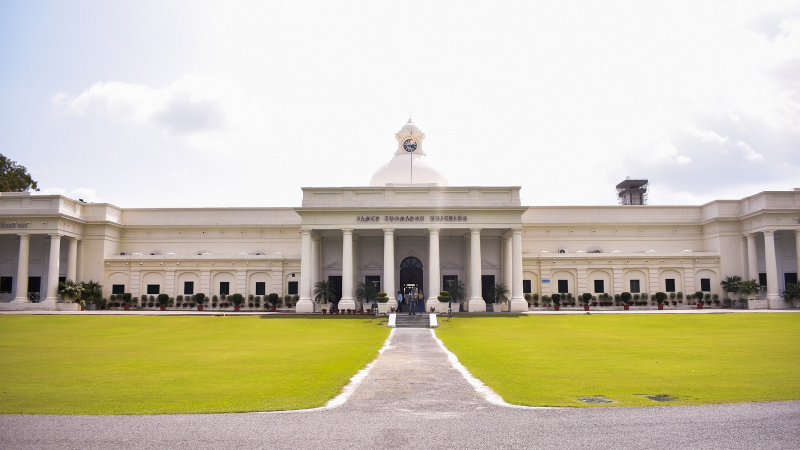
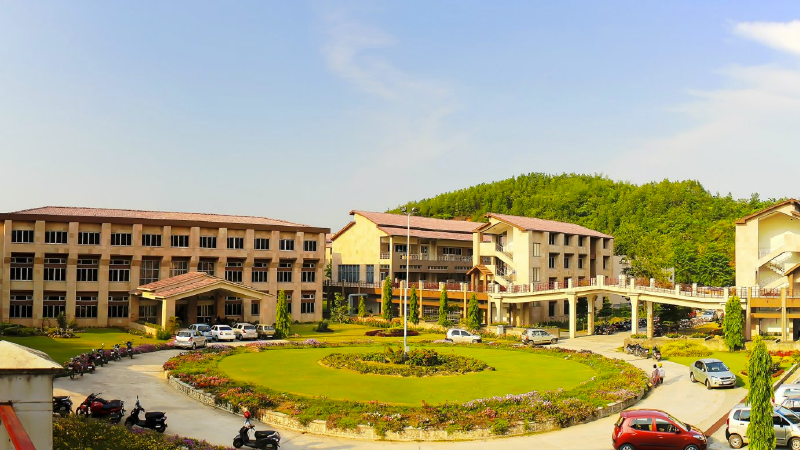
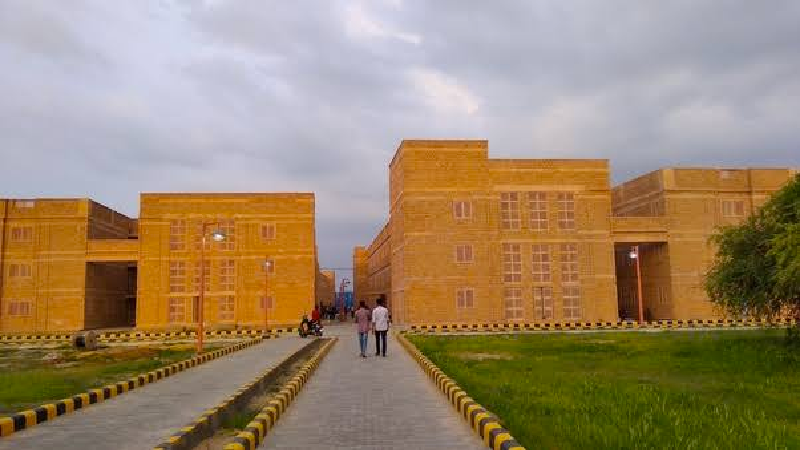

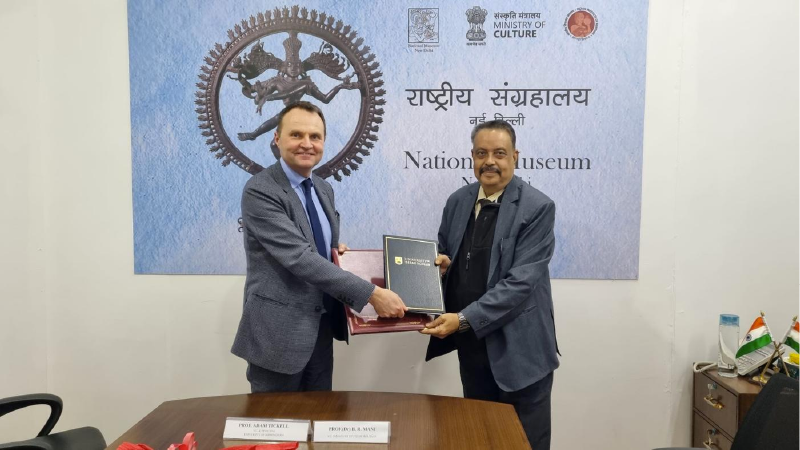
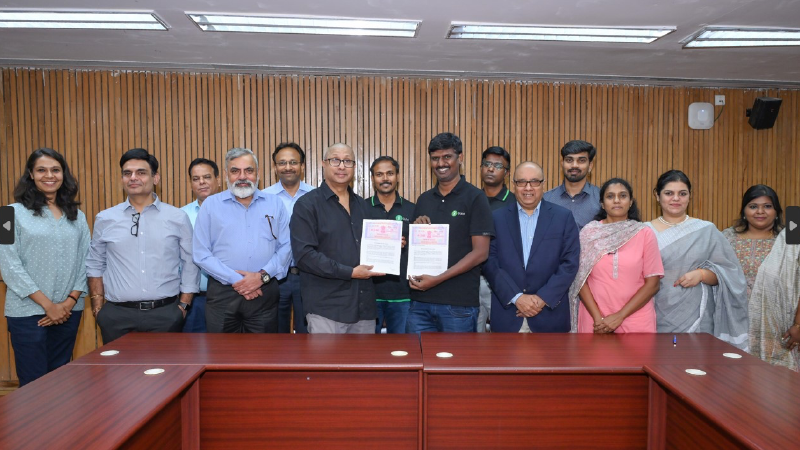
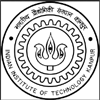
0 Comments
Post Comments